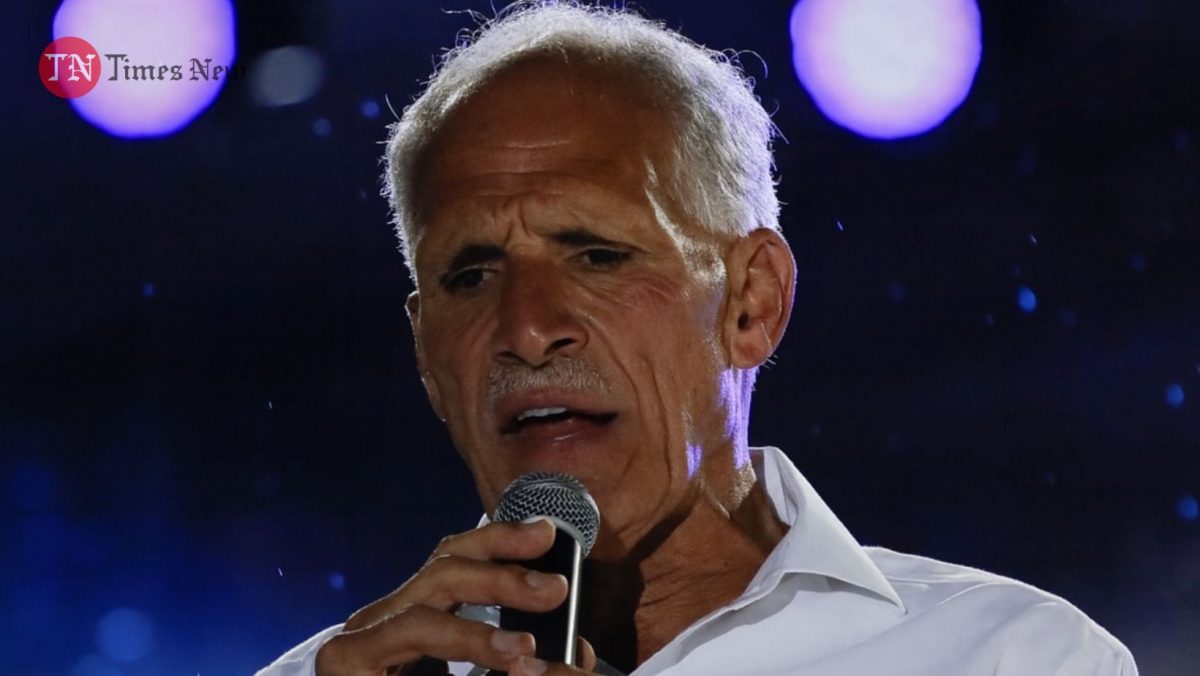
In a groundbreaking decision, the Illinois Supreme Court upheld the SAFE-T ACT, a major criminal justice reform bill signed into law in early 2021 by Governor J.B. Pritzker. The law will see the state become the first in the U.S. to halt the use of cash bail, with the provision set to take effect on September 18, 60 days from the court ruling. The court’s 5-2 majority overturned a lower court’s ruling that initially deemed the provision unconstitutional, arguing that the state constitution does not mandate monetary bail as the sole means of ensuring defendants’ appearance at trial or protecting the public. The SAFE-T ACT replaces cash bail with a system that allows pretrial release for defendants but also allows judges to order custody for those deemed a danger to the public or at risk of fleeing prosecution.
Critics of the cash bail system have long contended that it disproportionately affects low-income defendants, often leading them to spend extended periods in jail before their trials, regardless of their threat to society. The new law aims to address these concerns, granting defendants release without the need to pay a specific amount. However, they may still be detained if they pose a risk to public safety, are at risk of fleeing prosecution, or face serious felony charges. Illinois Attorney General Kwame Raoul, who defended the end of cash bail against multiple court challenges, praised the court’s ruling, stating that the General Assembly had the authority to implement the reform. Meanwhile, opposition from some law enforcement officials and prosecutors led to calls for the Democratic-led state legislature to hold a special session before September 18 to address their concerns about public safety and potential limitations on combating violent crime.
Other elements of the SAFE-T ACT, such as body camera requirements for police departments and new police training mandates, have already been in effect since January 1. As the state prepares for this significant criminal justice reform, the number of detainees who will be released on the specified date remains uncertain, as there is no centralized system collecting such data statewide. Nonetheless, the move represents a historic step towards addressing inequities in the criminal justice system and changing the way defendants are treated while awaiting trial in Illinois.
Pic Courtesy: google/ images are subject to copyright









